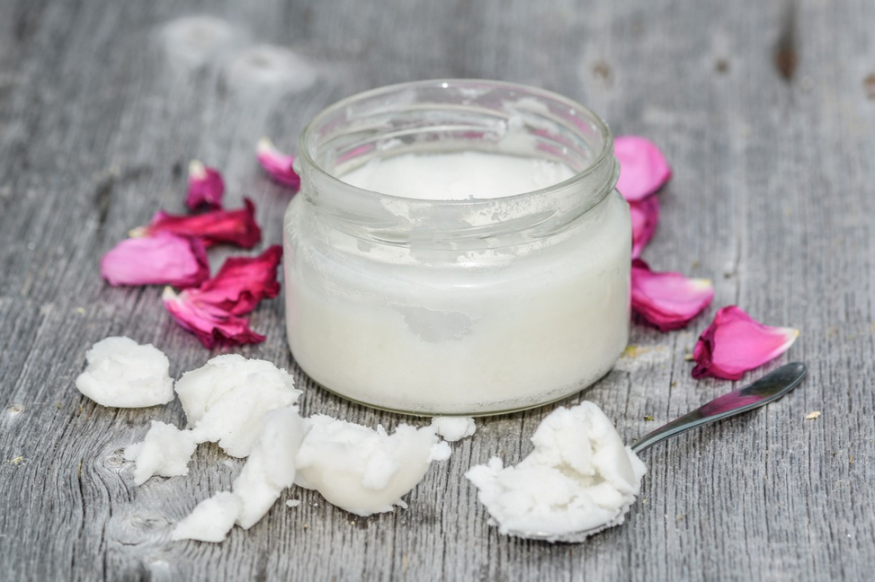Coconut oil has been deemed one of the best organic oils with numerous health benefits and beauty care uses. However, there are major differences in processing the oil where cold-pressed technology results in refined coconut oil and virgin coconut oil is the result of cold-processed technology.

According to Harvard's T.H. Chan School of Public Health, only 37 percent of nutrition experts rated coconut oil as healthy while 72 percent of Americans believe that coconut oil is healthy from a survey. Coconut oil is not as healthy as consumers believe, according to the Academy of Nutrition and Dietetics.
Coconut oil is also a popular fat alternative for those trying the Paleo diet the ketogenic diet. It is also a great plant-based alternative to butter for its flavor and aroma.
Cold-Processed Technology
There are some major distinctions between the two types of virgin coconut oil, starting with how they are processed. Its purest form is cold-processed, which is sometimes mistaken for as cold-pressed coconut oil. Using cold-processed technology, it results in the oil keeping its natural antioxidants after extraction.
Virgin coconut oil (VCO) is non-greasy and ideal as a natural moisturizer on the skin and can also be applied on the scalp to help with dandruff problems, as a conditioner, and heal damaged hair. It is also a lot lighter in viscosity compared to other processed coconut oils that are less pure.
VCO also has anti-bacterial and anti-fungal properties. Actress Gwyneth Paltrow, the owner of Goop, normally begins her daily routine by swishing some raw, organic coconut oil around in her mouth. She shared that it is an ayurvedic way of removing mouth bacteria which is also called oil pulling.
Cold-Pressed Coconut Oil
When virgin coconut oil is cold-pressed, the oil is extracted using low heat, kept at about 450 degrees Fahrenheit. Companies prefer using cold-pressed technology because yields are higher when the heat is applied. However, the resulting oil is less pure than virgin coconut oil from cold-processed methods.
Some brands of coconut oil that has been heat-pressed is partially hydrogenated. The less pure version of the oil has trans fat and is unhealthy.
Heat-pressed or expeller-pressed coconut oil results in refined coconut oil made from dried coconut meat or copra. The oil is heated for the odor the be removed then bleached to get rid of impurities and bacteria. Some companies even process copra with chemical solvents to extract refined coconut oil.
Read Also: British Supermarket Stops Selling Coconut Products Allegedly Harvested by Thai Monkey Slaves
Is Coconut Oil Healthy?
Up to 90 percent of coconut oil is saturated fat, which allows it to solidify at room temperature and colder. According to Dr. Lisa Young, a dietitian, 'This explains why, like butter and lard, coconut oil is solid at room temperature with a long shelf life and the ability to withstand high cooking temperatures.'
The oil is also popular since it has no cholesterol and has traces of minerals, vitamins, and plant sterols which hinders the body from absorbing cholesterol. Coconut oil is also culturally part of several diets like in India, Samoa, New Zealand, and the Philippines. However, high consumption of coconut oil is high In calories and raises low-density lipoprotein (LDL) cholesterol or bad cholesterol.
Read Also: Top 3 Food to Eat and Avoid This 2020
Check out more news and information on Coconut Oil on Science Times.










